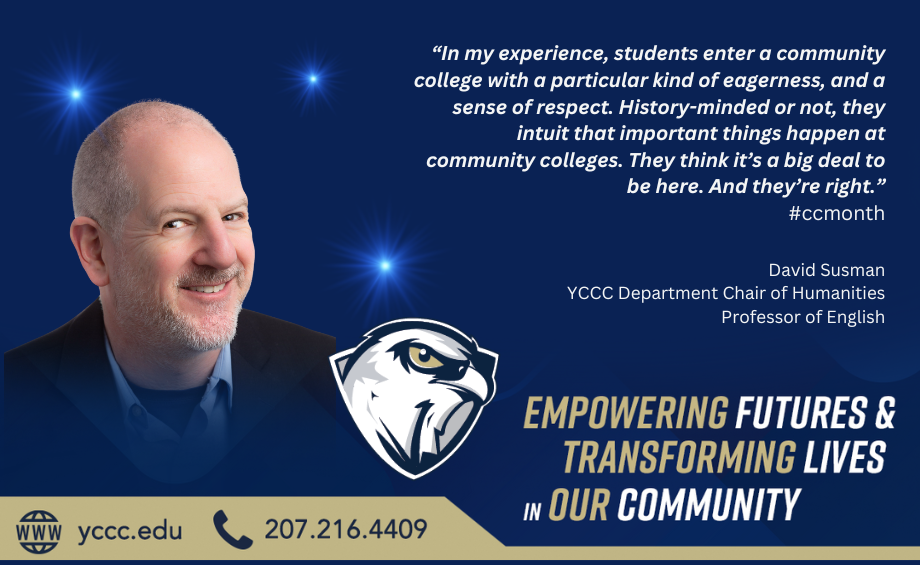Here’s what I value most about community colleges: they make room for people.
That might sound odd. But traditionally, higher education is exclusionary. It invites some people in, and refuses others. Race, ethnicity, religion, gender, political ideology, geography, cultural status, and socioeconomic standing are among the factors that have historically prevented people from going to college. In varying degrees, those obstacles still exist. But community colleges are dedicated to the idea that everyone deserves access to higher education. That’s a radical notion, and wonderfully so.
It’s also a very American notion—“American” in the best sense of the word, the aspirational sense. Thomas Jefferson believed that education was vital to the American experiment. In his view, educated citizens would be better equipped to choose their leaders, build their communities, and preserve their freedoms. (His legacy is not without its problems. Jefferson’s vision of an educated citizenry did not include women or people of color.) But that idea only works if education is widely available, and if people are welcomed into it. I like to think that community colleges build upon, and improve, Jefferson’s concept.
I also like to think that everyone who enters a community college has a sense of that larger vision. People come to college for mostly personal reasons: to gain marketable skills, to better their economic circumstances, to encounter new ideas, to socialize, sometimes simply to see what all the fuss is about. But in my experience, students enter a community college with a particular kind of eagerness, and a sense of respect. History-minded or not, they intuit that important things happen at community colleges. They think it’s a big deal to be here. And they’re right.
##

